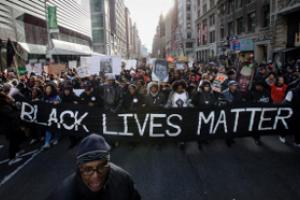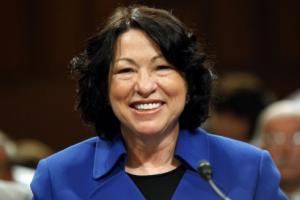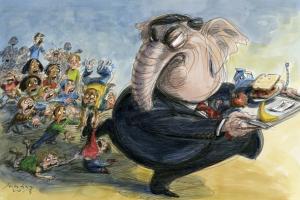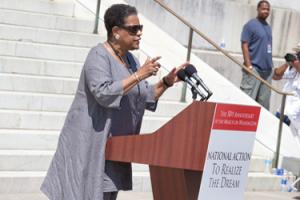What's Next? - All Peoples' Movement for #BlackLivesMatter; From Occupy to Ferguson
 Cities and the federal government have already offered a slew of concessions: civil rights investigations, body cameras, civilian review boards, increased diversity in police departments. These reforms are not likely to fulfill protesters' demand for a transformation of policing in the United States. Where the protests are headed .. 'If we recognize the system doesn't work for us . then you're talking about getting rid of capitalism.'
Cities and the federal government have already offered a slew of concessions: civil rights investigations, body cameras, civilian review boards, increased diversity in police departments. These reforms are not likely to fulfill protesters' demand for a transformation of policing in the United States. Where the protests are headed .. 'If we recognize the system doesn't work for us . then you're talking about getting rid of capitalism.'









Spread the word